AutoSuccess Story: The Future of Fixed Ops
Historic Manly Honda Has Fresh Ideas for Long-Term Growth
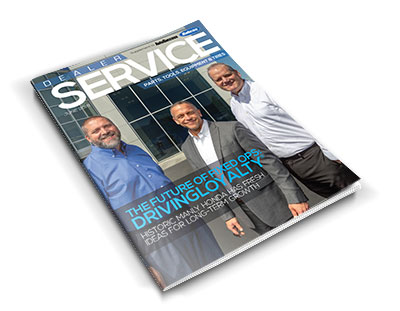 When a company has a long, storied history and has experienced high levels of success, the temptation is to go conservative, rely on what’s worked in the past and double down on tradition. Those are the companies that play defense and try to hold on to past glories. Those are the companies that cease innovating and stop growing.
When a company has a long, storied history and has experienced high levels of success, the temptation is to go conservative, rely on what’s worked in the past and double down on tradition. Those are the companies that play defense and try to hold on to past glories. Those are the companies that cease innovating and stop growing.
Manly Honda is not one of those companies.
Despite a declining market, Manly Honda has steadily increased their annual Customer Pay Repair Orders by 13 percent over the last year, giving a large boost to the Fixed Operations bottom line. This proves that a clear, well-defined strategy, along with the right people, processes and tools to increase service revenue, is a critical component to today’s automotive growth and success.
THE CHALLENGE
The forecast is predicting inclement conditions for retailers. Reports indicate consumers will spend $2 billion less on new cars, and the new vehicle retail pace is expected to reach the lowest mark since 2012, dipping 8.9 percent from the previous year.
With the deflated SAAR (seasonally adjusted annualized rate), decision makers are looking for new ways to maximize Fixed Operations to boost revenue.
One of the most significant challenges dealers face is with retaining the customer after the OEM warranty expires. Statistics show that customer loyalty decreases alongside a substantial reduction in communication with the customer after the initial few years. As contact with the customer begins to decrease with the expiration of the factory warranty, there exists a pivotal juncture where the cost of repairs to the vehicle become significantly higher. A loss of communication with the customer equals a loss of major Service revenue.
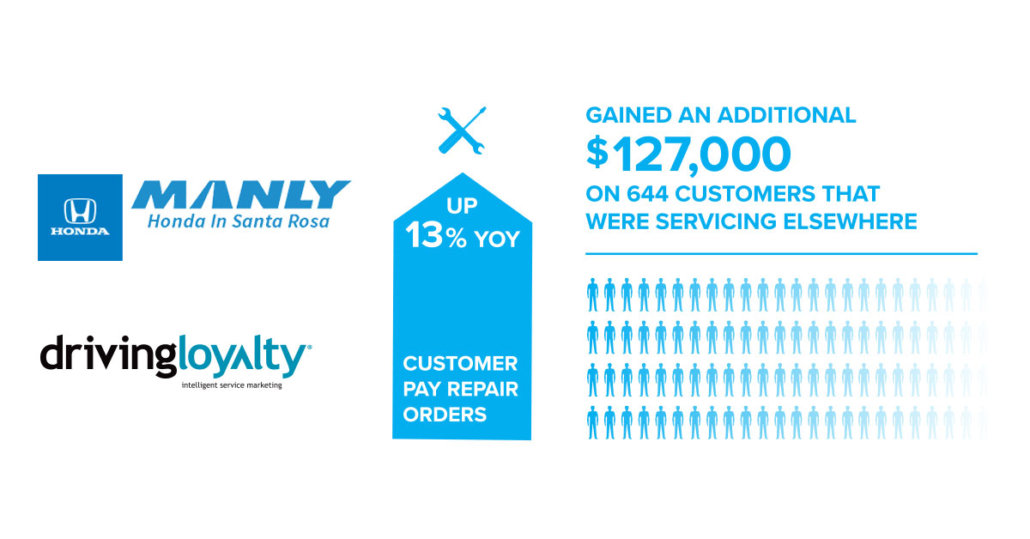
THE RIGHT PEOPLE
Fortunately, the Manly family has a long history of ingenuity, beginning with Manly Honda founders, Bill and Lori. While on a business trip to Japan, Bill convinced Mr. Honda to ship a Honda 600s to San Francisco. After hitchhiking to the port upon its arrival, Bill drove the car back to the dealership and sold the first Honda ever in the continental United States! Being the pioneers that they were, Manly Honda quickly became one of the largest and best-reviewed dealerships in the state.
Manly Honda maintains their growth and positive public image by not forgetting why they were able to grow in the first place. A focus on customer satisfaction as well as innovation runs through the veins at Manly Honda as the legacy continues with the next-generation owner, Brian Manly. At his right hand is General Manager Jeff Dantzler, who affirms, “The Manly family has always regarded themselves as a customer service business that just happens to sell and maintain vehicles. From the original founders to today, our customers are members of the Manly family, and it shows in everything we do.”
The dealership is stepping confidently into the future because the team isn’t afraid of what’s to come. Instead, they actively seek out new technology and ideas to better serve their customer base. Nowhere is this as apparent as in the Manly Service Department. While sales may make the potential client a customer, it’s service that keeps that customer coming back.
“There are so many Service Departments who just turn the lights on, sit back, and expect people to come in,” adds Luke Ammann, service manager at Manly Honda. “Those are the people who are falling far behind on technology and innovation. The way I look at it is, I need to focus on outperforming the underperformers.”
CUSTOMER SERVICE, LOYALTY AND GROWTH
With the recent report of decreasing retail sales and projections that consumers will spend less on new car purchases this year, Manly execs are focusing heavily on Fixed Operations. To support this effort, they needed an intuitive, aggressive and comprehensive approach to continue to reap success and growth in a stagnant industry.
To stay on top, Manly Honda decided to partner with industry leader Team Velocity, known for their cutting-edge technology, Apollo, and their ability to target consumers with “hyper-personalized” offers throughout all marketing mediums for both sales and service customers.
“Communication has been a key feature of our strategy,” Ammann said, “whether it’s through mail, digital, texting, email or other methods. We’re trying to get ahead of our competition, so that they say, ‘Wow, they’re doing it. They’re still doing it. They made it work. I wonder what they’re doing?’ We want to have them outside looking in trying to figure out what we’re doing that they can’t do.”
Like most dealers, one of the challenges Manly Honda faced was knowing when and how to communicate with service customers who haven’t visited the dealership recently. $340 billion is spent on car repairs in the U.S. each year, yet dealers only capture 20 percent of their service market potential. On top of that, most dealers are seeing 50 percent of their customers service their vehicles away from the dealership…that’s a big missed opportunity. To overcome this challenge, Manly Honda implemented a new service marketing program run through Team Velocity’s technology platform, Apollo, called DrivingLoyalty.
DrivingLoyalty helps dealers build customer loyalty and boost retention from day one. Most dealers have a service marketing strategy that is loosely based on the last time a customer serviced at the dealership and their estimated mileage. This means, by the time a dealer deems a customer “lost” it could be 12 months or more. With DrivingLoyalty, Manly Honda knows when their customers service elsewhere, what services were completed, and more, enabling them to make better and smarter decisions about how and when to engage customers.
DrivingLoyalty allows Apollo to send out hyper-personalized and relevant messaging to its customers based on the exact vehicle services they need, at the exact time they need them. Apollo also creates personalized websites for every customer, where they can claim service offers and schedule service appointments at their dealership.
By understanding the unique needs of every customer, Manly Honda is able to present more directed, attractive marketing to them. The marketing budget is also made more efficient through ownership verification — offers are not wasted on customers who no longer own that specific vehicle. By using constantly updated consumer data, waste is drastically reduced or eliminated. This level of sophistication allows Manly Honda to deliver real-time relevant messages to the right customer at the right time.
Since implementing DrivingLoyalty, Manly Honda has generated outstanding results:
- Customer Pay Repair Orders are up 13% over last year
- Fixed Operations grossed an additional $127,000 last month on 644 customers that were servicing away from the dealership
- Averaged 84 new active customers per month
- Increased lost customer conversions by 25%
- Averaged 56% new Conquest VINs per month to their active database
This relationship between the service department and its customers has also helped Manly Honda take advantage of opportunities to sell vehicles out of the service lane. Since 2011, the dealership has used Team Velocity’s Apollo platform to target in-market customers before they begin the shopping process. Apollo uses Upgrade Matrix, a piece of technology that enables Manly Honda to target customers in equity positions that would allow them to leave with newer vehicles for the same or even lower monthly payments. In fact, Manly Honda regularly sells 40 to 55 cars a month out of the service lane. In May, 60 percent of the vehicles Manly Honda sold were generated from Apollo’s Opportunity Dashboard and sales from the service drive. Increasing vehicles in operation out of the service lane is just one great way Manly has found to maintain and grow its customer base.
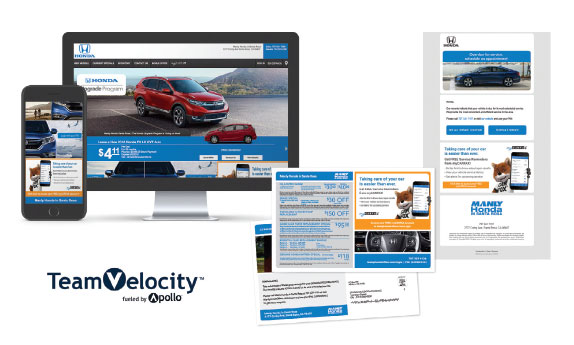
THE RIGHT QUESTIONS, THE RIGHT ANSWERS
“What we try to do is ask the right questions as opposed to having the right answers because we feel the right question will lead us to those answers,” Dantzler said. “Team Velocity asks the right questions when they develop new applications for Apollo, like DrivingLoyalty. They think, ‘What would consumers want? Would customers benefit from pickup and delivery? What do our customers need? How can we engage customers sooner? How can we improve the customer experience?’ These are great questions that we ask as opposed to thinking that we have all the answers. I really think it starts with the right questions.”
Manly soon learned that one major concern their customers have is transportation while their vehicle is being serviced. To solve this problem, the dealership recently eliminated its shuttle service and found another, more efficient method to keep people moving while their car is in the shop. “We’ve switched to Uber Business for one-on-one pickup for customers,” Ammann said. “We call it the Manly Valet Service.”
The dealership also offers loaner vehicles when that option makes more sense for the customer’s specific situation. “Honda has a trademark — ‘Providing service at the speed of life.’ When I first heard it, I took it as truth,” Ammann said. “We provide service at the speed of life and if you do that, you can’t stop what a mom of three is doing to have her car serviced. We’ll come to you and say, ‘Here’s a five-passenger vehicle. You continue on. Transfer your car seats over and go to the game, go shopping or do whatever it is you need to do. When you’re ready to be home or come back, your car will be ready for you.’”
THE RIGHT TEAM AND THE RIGHT ATMOSPHERE
Both Ammann and Dantzler realize that, no matter how intelligent the marketing is or what programs the dealership offers, if their team isn’t on board, all the other work will be for nothing.
“We have a very tight team,” Ammann said. “We are extremely tight, not only as coworkers but as friends outside of the dealership. People here help people move, buy their first home… some of our people had a fire issue during the recent firestorm who needed a helping hand. It all builds employee satisfaction. But I think the direct relationship from (Manly President) Brian Manly to his managers trickles down to all of our employees, and this dealership still has that family-owned feeling, and not the corporate-owned dealerships like a lot of businesses do now.”
“It’s all about purpose,” Dantzler said. “That’s why we’re here, both for the people who work here and for the people in our community. When you attach purpose to what you do and how you’re doing it, when you see how your success can lead to the success of others, it begins to be a lot easier and a lot more exciting to wake up in the morning. You can’t wait to get to work because you’ve got a purpose to it.”
“Our efforts are all aimed at making service easy for our customer,” Ammann said. “We call it the ‘Manly Advantage.’ Having the pickup and delivery, having loaner cars, having choices that are easy… we provide our customers with what is recommended and what is needed, and there’s no pressure to have them make a decision. When they’re ready, we’re ready.”
That feeling has paid off with great reviews and positive word of mouth from the dealership’s customers. “We’re one of the most reviewed dealers in California,” Dantzler said. “And any way you look at it, we’re in the top three. We’re definitely on the podium in the entire state of California when it comes to online reviews. We think it’s really important to know what our customers know. We’ve said it a lot, but it’s not really about what we say; it’s about what the customers say, especially today.”
While proud of its past, Manly Honda isn’t afraid of the future. “Our people understand the vision,” Ammann said. “If we fail, we fail, but we won’t know that unless we try.”
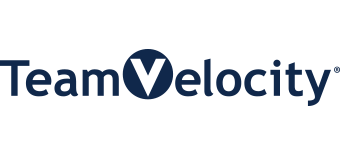
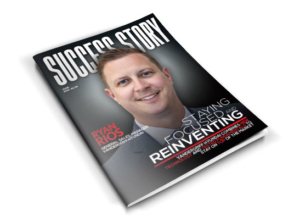 When your dealership is facing stiff competition, the difference between success and failure comes down to two elements: you’ve got to stand out from the competition to get the consumer’s attention, and then you must treat them right, so those customers not only buy from you, but return to your dealership in the future.
When your dealership is facing stiff competition, the difference between success and failure comes down to two elements: you’ve got to stand out from the competition to get the consumer’s attention, and then you must treat them right, so those customers not only buy from you, but return to your dealership in the future.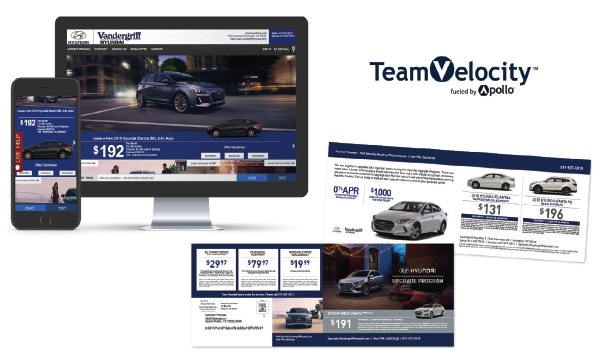
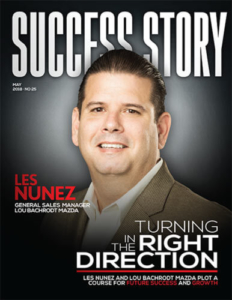 Sometimes, to make a difference and turn things around, a leader must throw out the old playbook and write a new one.
Sometimes, to make a difference and turn things around, a leader must throw out the old playbook and write a new one.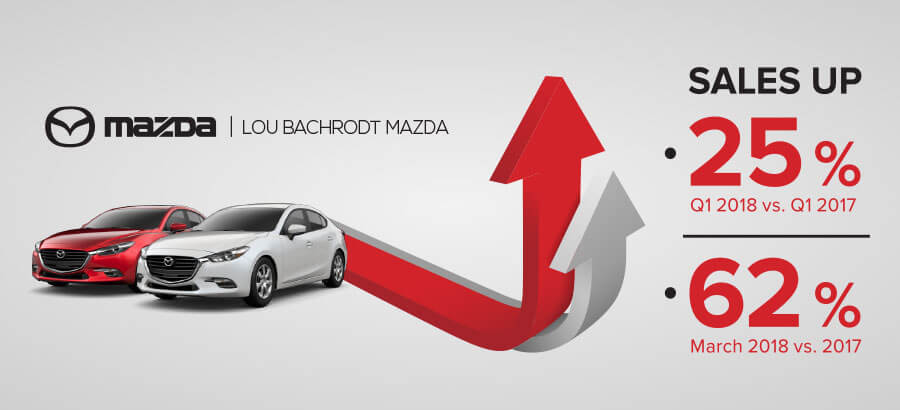
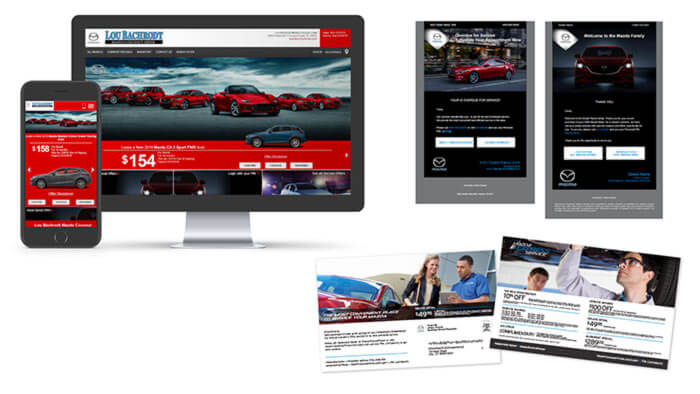
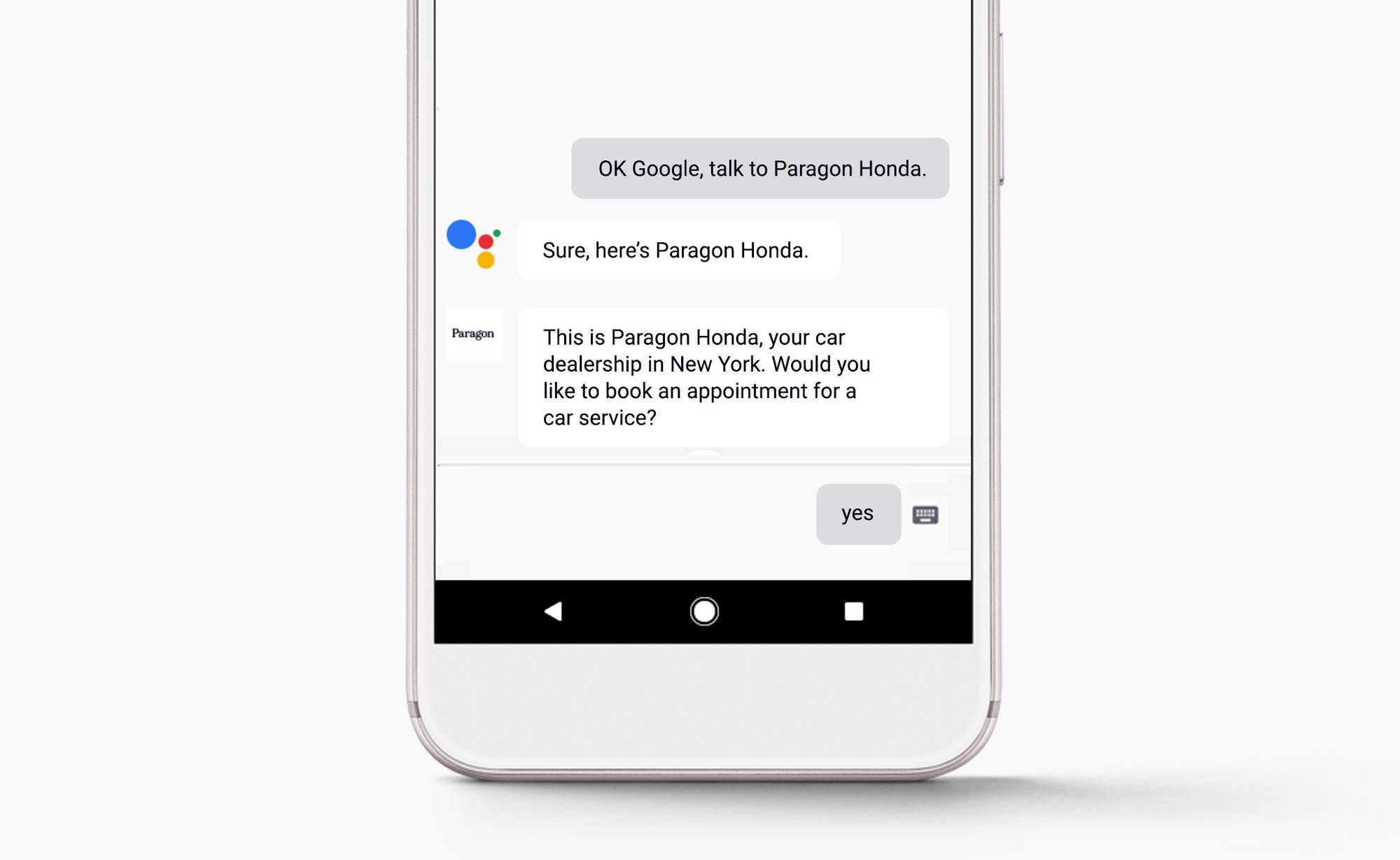
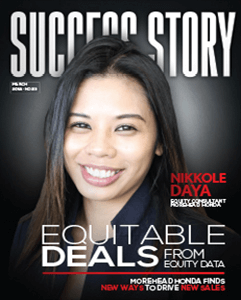 Founded one year after World War II, Morehead Honda is steeped in tradition. The family-owned dealership, located in Newburgh, New York, has served generations of drivers in the Newburgh, Poughkeepsie and Monroe area. Through the years, the dealership has seen many changes in the auto sales industry — both in automotive technology and in the way consumers shop for vehicles.
Founded one year after World War II, Morehead Honda is steeped in tradition. The family-owned dealership, located in Newburgh, New York, has served generations of drivers in the Newburgh, Poughkeepsie and Monroe area. Through the years, the dealership has seen many changes in the auto sales industry — both in automotive technology and in the way consumers shop for vehicles.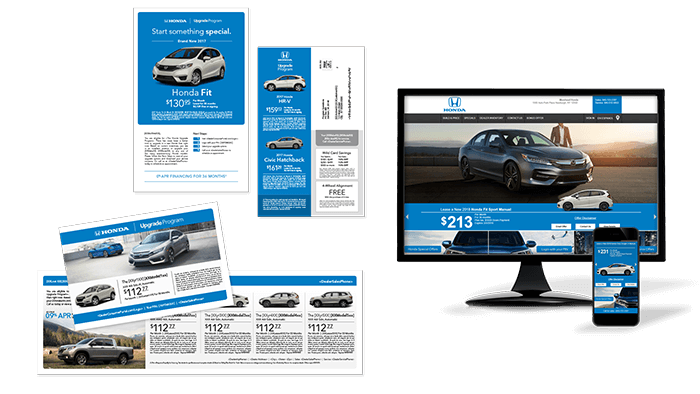
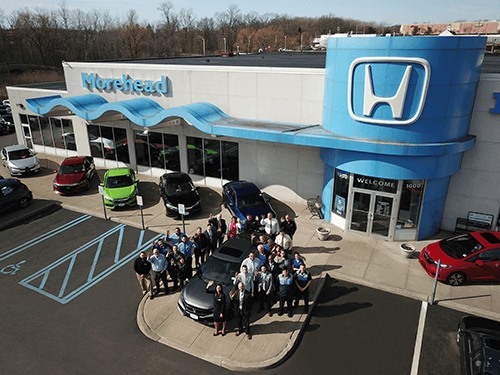


 When Tony Viero took over as the general manager of Phillips Toyota in Leesburg, Florida earlier this year, he knew he had work to do. The dealership was underperforming, and its client base, made up primarily of an older demographic, didn’t respond well to modern marketing and sales practices.
When Tony Viero took over as the general manager of Phillips Toyota in Leesburg, Florida earlier this year, he knew he had work to do. The dealership was underperforming, and its client base, made up primarily of an older demographic, didn’t respond well to modern marketing and sales practices.


 Jones Honda, part of the Jones Family of Dealerships in Lancaster, Pennsylvania, has a great reputation for retaining customers and providing outstanding sales and service experiences. What the dealership lacked, however, were the tools and marketing strategies needed to get those customer onto the lot in the first place.
Jones Honda, part of the Jones Family of Dealerships in Lancaster, Pennsylvania, has a great reputation for retaining customers and providing outstanding sales and service experiences. What the dealership lacked, however, were the tools and marketing strategies needed to get those customer onto the lot in the first place.
